‘Les formes du visible’ by Philippe Descola and ‘L’intranquille’ by Joseph Kai win Albertine Translation Prize
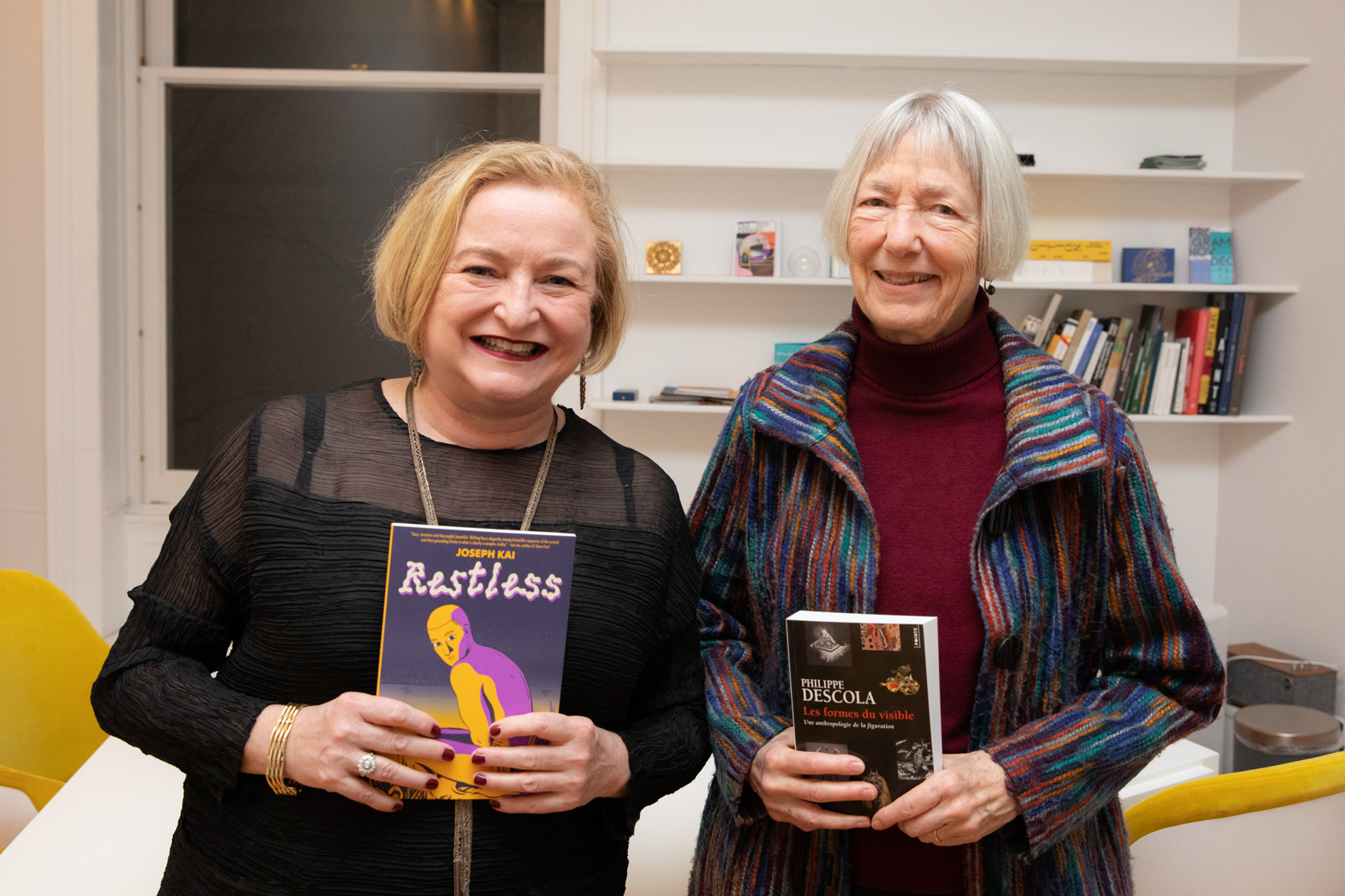
Winning translators Carolyn Ernst (left) and Catherine Porter (right). (c)Jasmina Tomic
Each year the Prize honors a work of fiction and a work of nonfiction written in French and translated to English. $5,000 is awarded to each translator, in addition to grants supporting the cost of translation and publication in the United States .
New York, January 26, 2024 – Last night at a ceremony in its Manhattan headquarters, Villa Albertine announced the two winners of the Albertine Translation Prize. Honoring the best contemporary French and Francophone literature in English translation, the award for fiction went to Joseph Kai’s graphic novel L’intranquille (Editions Casterman 2021), translated by Carolyn Ernst (Street Noise Books 2023) and the nonfiction prize went to Philippe Descola’s Les formes du visible. Une anthropologie de la figuration (Editions du Seuil 2021), translated by Catherine Porter (Polity Press 2025).
The Prize considers the quality of the original French language work as well as the English translation. A committee of independent professional experts (academics, translators, and publishers) selects winners from among the projects supported by the Albertine translation program. Winning works epitomize the many facets of a vibrant French and Francophone literary scene.
Judith Roze, Acting Director of Villa Albertine, said, “It is remarkable that both winning books speak so powerfully to the role of images as storytellers, and push us to reflect on how images shape our engagement and conceptions of the world. Each, in their unique way, makes a significant contribution to a very international cultural conversation. Both merit to be translated and read as widely as possible.”
In total, the Albertine Translation committee selected 18 works for 2023 that reflect the diversity and richness of French publishing, including fiction, essays, poetry, comics, and children’s books. Each will receive grants from the Albertine Translation Fund, providing $2,000 for publication costs and covering half of the cost of translation, up to $5,000. Among the selected grantees, the committee chooses two titles to name prize winners, one in fiction and one in non-fiction. See the selection here.
About the winners
Restless (L’intranquille) by Joseph Kai, translated by Carolyn Ernst (Editions Casterman, 2021 / Street Noise Books, September 2023)
This abstractly autobiographical story takes place in Beirut, Lebanon, 30 years after the end of the civil war, and a few months before the disastrous explosion of August 2020. Samar, a young comic book artist, has begun a new project without knowing how it will end. Between anguished dreams, childhood memories, romantic experiences, and wanderings around Beirut’s artistic and queer scenes, he tells of his difficulties living in an uncertain context, which leaves him in a permanent state of apprehension. Through his anxious eyes, we see an entire community’s perspective in a city of changing colors and moods.
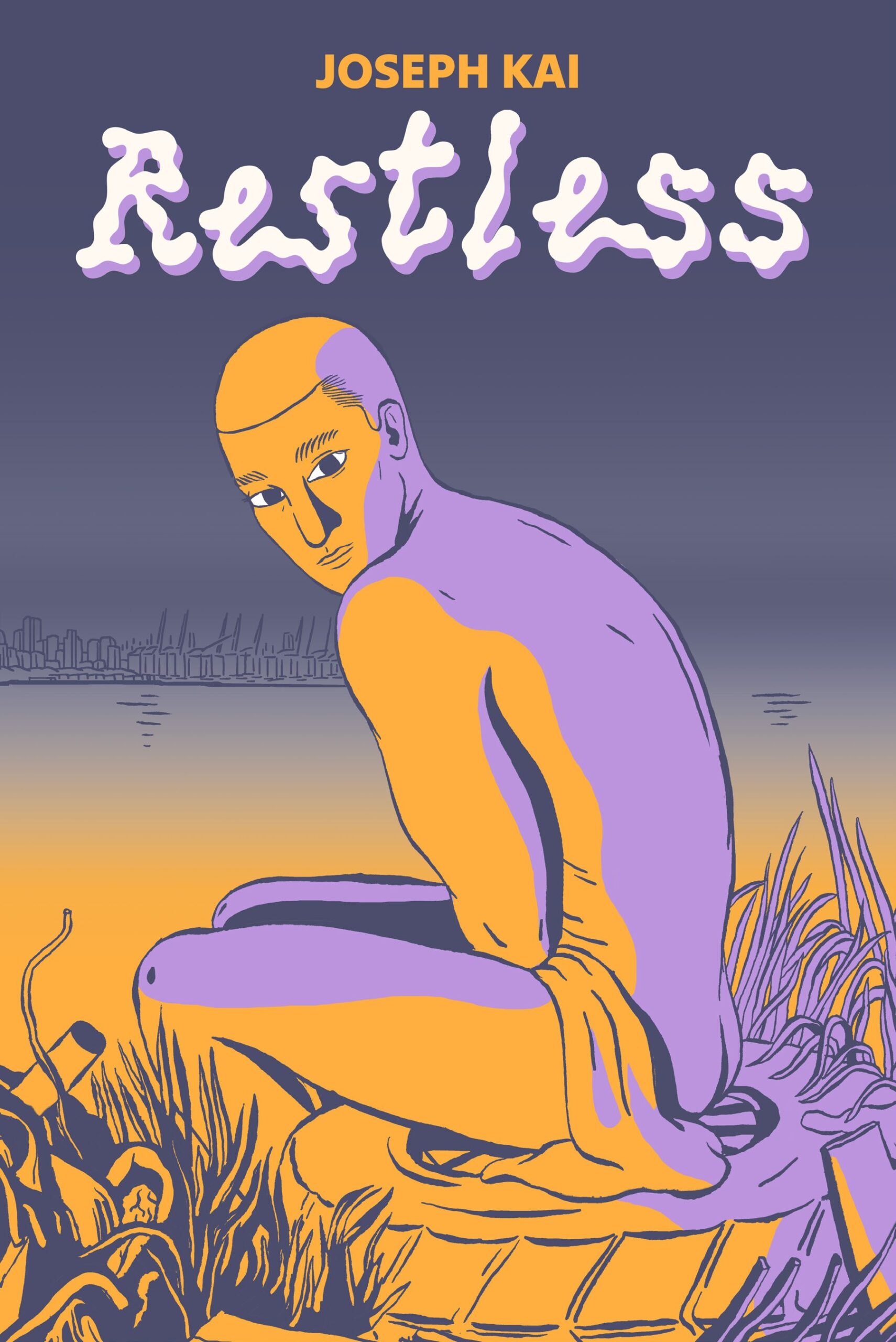
Joseph Kai is a queer artist from Beirut, Lebanon. He has published several works with the Lebanese collective of BD Samandal Comics. Joseph has participated in numerous festivals and exhibitions in Beirut, Lebanon; Berlin Germany; Brussels, Belgium; and both Angouleme and Paris, France. He is currently living and working in Paris. This is his debut graphic novel.
Carolyn Ernst works as a freelance travel and lifestyle writer and photographer. She has recently taken up French translation. A lifelong Francophile, Carolyn began learning French as a child while living near Paris with her family. She received a BS from the Rochester Institute of Technology and has continued her French studies at FIAF in NYC. She loves French films and travels to France as often as possible.
Les formes du visible. Une anthropologie de la figuration (English title to come) by Philippe Descola, translated by Catherine Porter (Editions du Seuil, 2021 / Polity Press, 2025)
Imagery and figuration are not solely figments of an artist’s fertile imagination. Perception and imagination themselves are always mediated through what we have been trained to pick up on. As individuals, our visual fields depend on which quarter of the ontological archipelago is home to us: animism, naturalism, totemism or analogism – the analytical schema for which Descola is rightly celebrated as one of the foremost anthropologists of our age. Each of these four regions represents a way of conceiving the structure of the world and what is shared between non-humans and humans. In this masterwork, one of the most distinguished anthropologists active today offers an entirely original account of the social origins of art and perception.
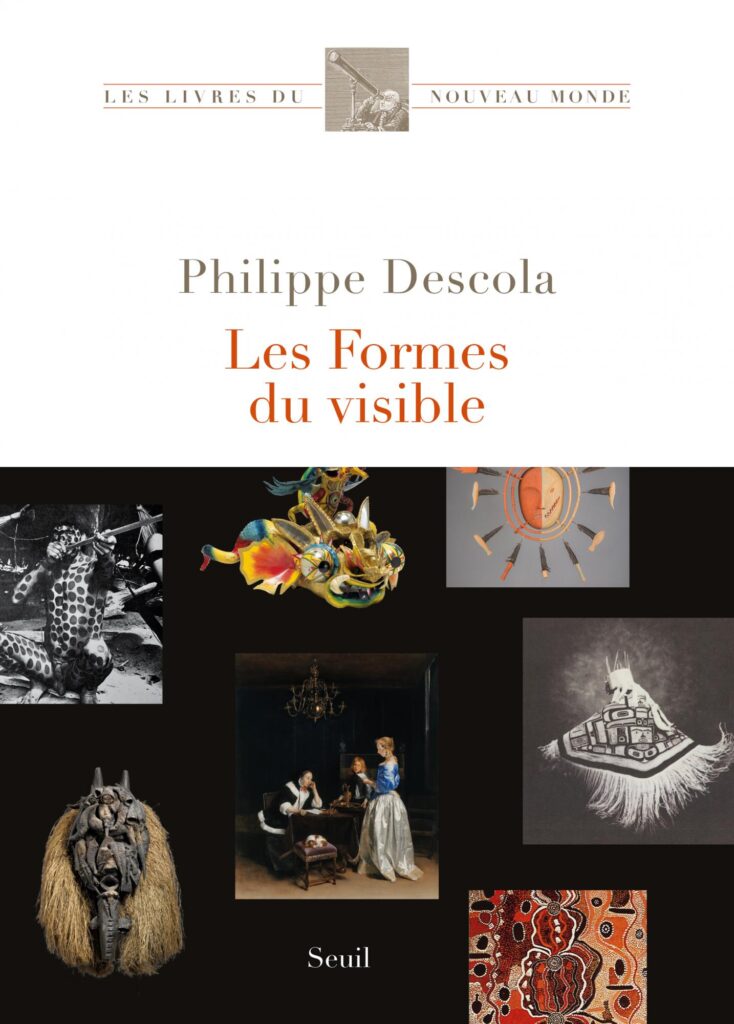
Philippe Descola, one of the most distinguished anthropologists active today, was born in 1949. After studying and conducting research under Claude Lévi-Strauss’s supervision, his field work in the Achuar communities in the Amazon went on to greatly influence the field of anthropology. He is the author of various books, including modern classics such as Beyond Nature and Culture and Les formes du visible. He is professor emeritus at the Collège de France.
Catherine Porter was born in 1941 and completed a PhD at Yale University in 1972. She is currently a visiting scholar at Cornell. Catherine is the translator of numerous books in the critical humanities, including titles by authors such as Baptiste Morizot, Anne Dufourmantelle, Tzvetan Todorov, Gilles Lipovetsky, Pierre Rosanvallon, Luc Boltanski and Arnaud Esquerre, Bruno Latour, Elisabeth Roudinesco, and Avital Ronell.
The Albertine Translation Fund & Prize is a program created by Villa Albertine, made possible through the generous support of Van Cleef & Arpels, the Florence Gould Endowment for Literary Exchange, Albertine Foundation, Albertine Books Foundation, and the Institut français. The Ceremony is presented in partnership with Words Without Borders.
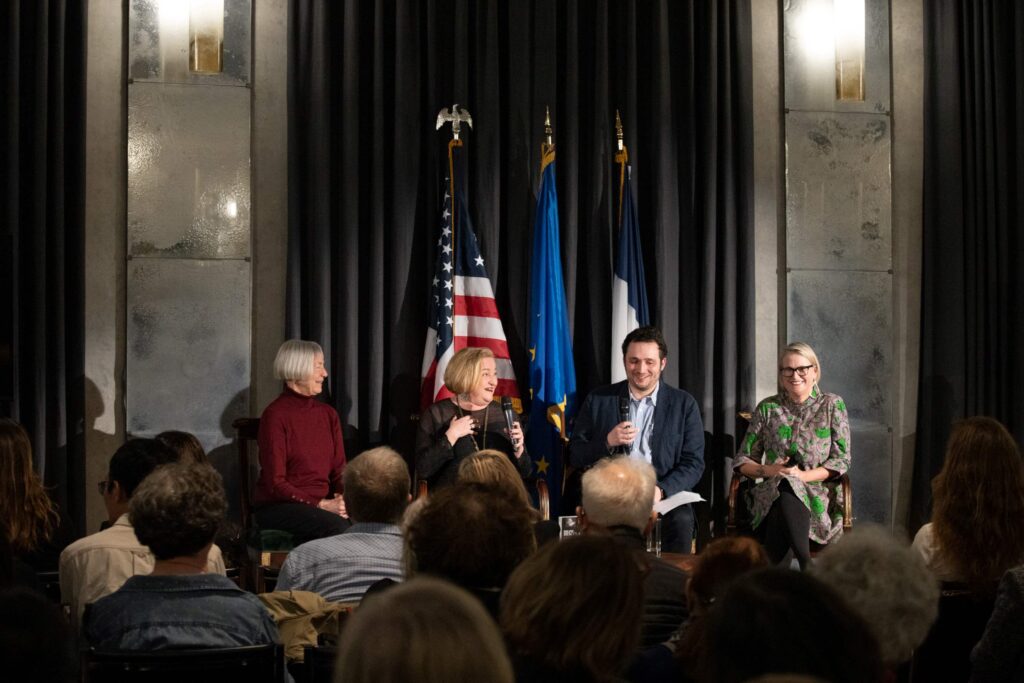
After the ceremony, Catherine Porter and Carolyn Ernst, as well as Liz Frances, Publisher and Founder of Street Noise Books (right) joined host Adam Dalva for a conversation about publishing translated work.
In partnership with
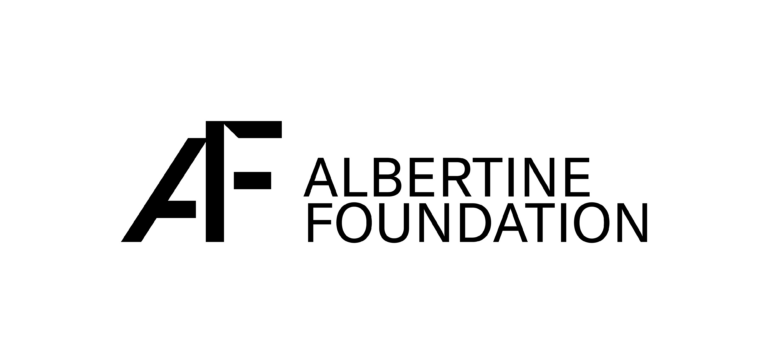
Albertine Foundation
Previously known as FACE Foundation, Albertine Foundation is an American nonprofit organization dedicated to supporting French-American relations through innovative cultural and educational projects. In close partnership with Villa Albertine, the French Institute for Culture and Education of the French Embassy in the United States, Albertine Foundation promotes artistic, literary, and educational exchange and collaboration between creative professionals from both countries thanks to corporate, foundation, and individual support.
Follow Albertine Foundation on Instagram, Facebook, and LinkedIn.
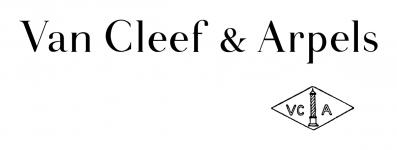
Van Cleef & Arpels
Founded at Paris’ 22 Place Vendôme in 1906, Van Cleef & Arpels came into being following Estelle Arpels’ marriage to Alfred Van Cleef in 1895. With a blend of inventiveness and poetry, Van Cleef & Arpels perpetuates a highly distinctive style. Its selection of exceptional gems that instill an emotion, and the savoir-faire of its craftsmen, have given birth to enchanting jewelry and watchmaking collections. Whether inspired by nature, couture, dance or imaginary worlds, the Maison opens the gate to a timeless universe of beauty and harmony. Van Cleef & Arpels’ constant commitment to creation also finds expression in its various activities as a partner and patron in the cultural field. Reflecting the Maison’s attachment to values of transmission and sharing, these initiatives take place in sectors that it holds dear: they include heritage protection, fine and decorative arts, design, dance and poetry.

Florence Gould Foundation
The Florence Gould Foundation is devoted to French-American exchange and friendship. It has provided critical and longstanding support to enable the Cultural Services of the French Embassy and its partner FACE Foundation to foster French-American exchange across disciplines and make the very best of French and francophone culture accessible to diverse communities across the United States. The Florence Gould Writers’ Residency at Villa Albertine will create exceptional and enduring opportunities for literary creation for the most promising and innovative French and Francophone authors.
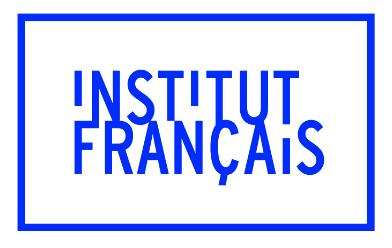
Institut français
The Institut français is responsible for France’s international cultural program. Supervised by both the Ministry for Europe and Foreign Affairs and by the Ministry of Culture, it promotes French culture abroad through cultural exchange initiatives. Operating in a space where the arts, intellectual exchange, cultural and social innovation, and linguistic partnerships interact and intersect, it is also responsible for promoting the French language and the sharing of works, artists, and ideas all over the world. The Institut français is one of Villa Albertine’s main French partners.
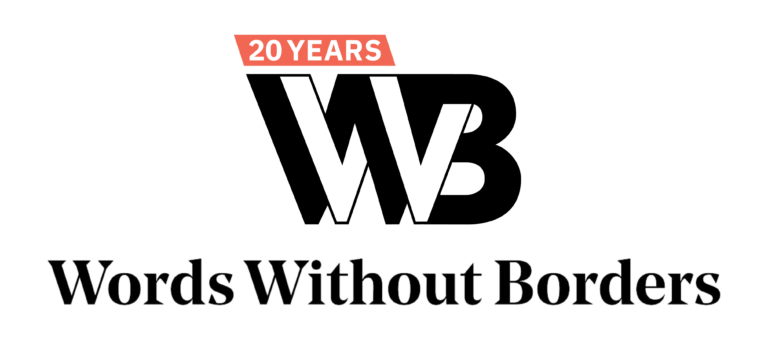
Words Without Borders
Words Without Borders is the premier destination for a global literary conversation. Founded in 2003, their mission is to cultivate global awareness by expanding access to international writing and creating a bridge between readers, writers, and translators.
